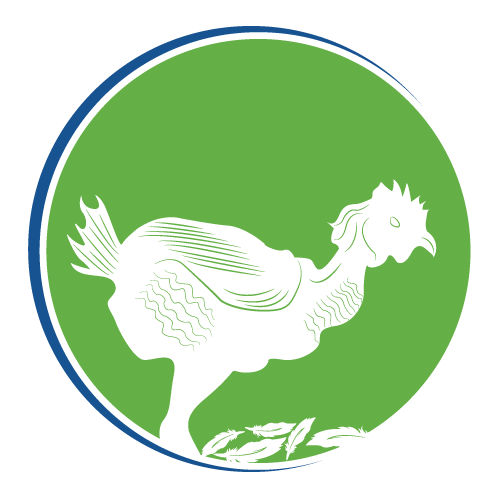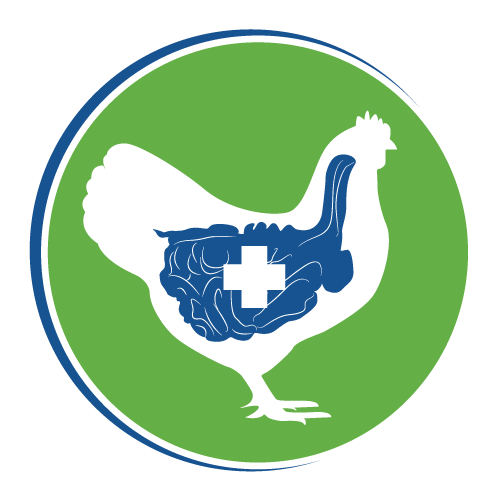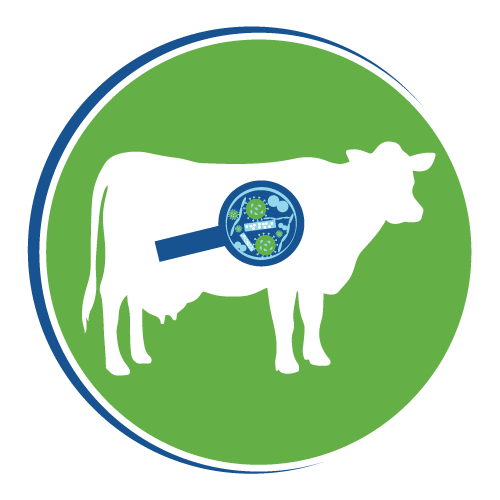Heat Stress
Heat Stress Heat is produced by essential bodily processes (metabolism) which include maintenance, growth and egg production. Heat production is affected by body weight, species and breed, level of production, level of feed intake, feed quality and, to a lesser extent, by the amount of activity and exercise. If the stocking density is too high…









